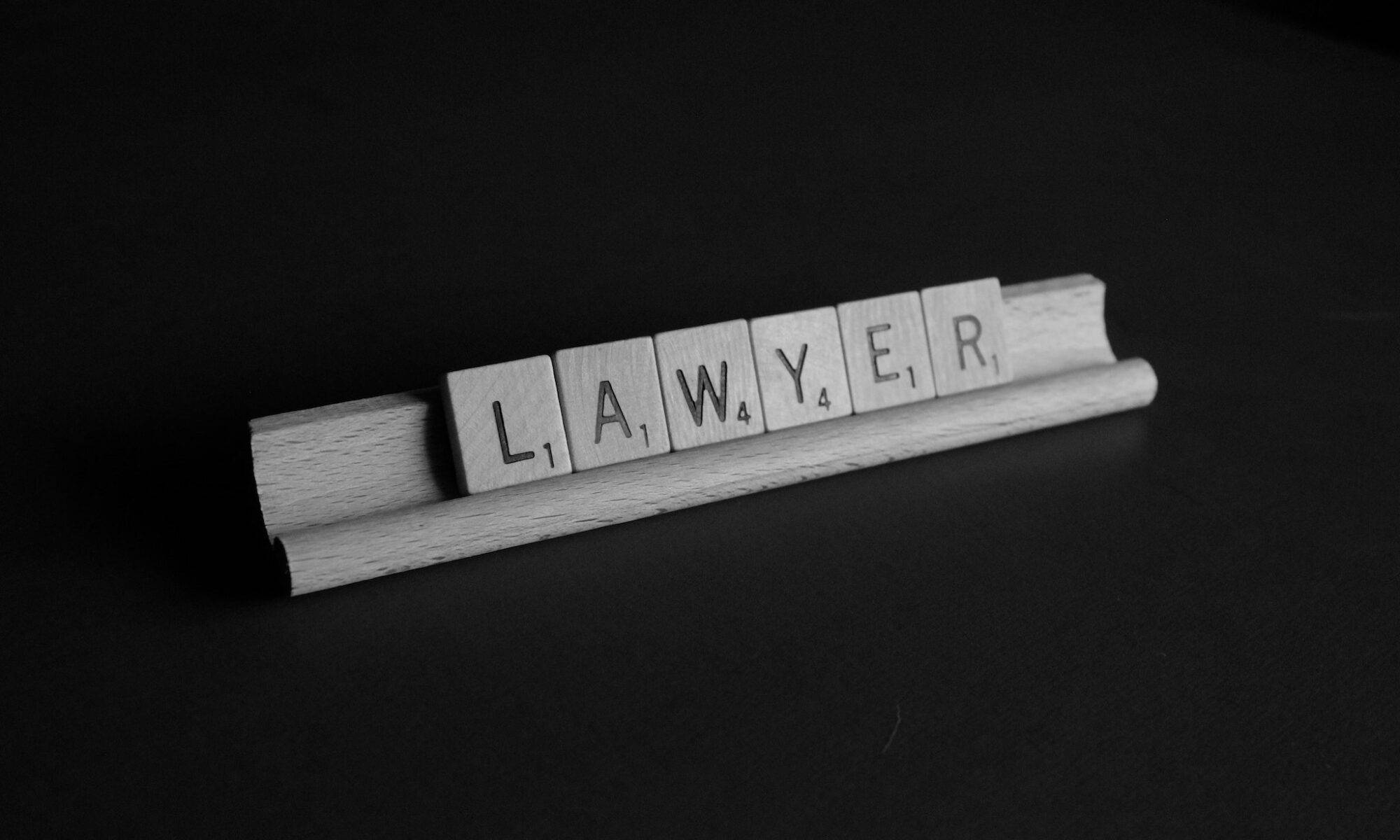When one delves into the vast realm of health law, it is highly probable that they will discover themselves entrusted with the delicate duty of managing and safeguarding the classified patient information on a habitual basis. The significance of ensuring the utmost security and confidentiality of this data cannot be overstated, as it holds immense ethical weight and carries a legal obligation. The Health Insurance Portability and Accountability Act (HIPAA) has laid down a comprehensive set of regulations that intricately govern the usage, distribution, and protection of protected health information (PHI). As a legal expert specializing in the intricacies of health law, it is absolutely imperative to possess a thorough understanding of these regulations and steadfastly adhere to them, thereby proactively averting any potential legal or ethical complications that may arise. Provided herein are a quintet of invaluable pointers that shall effectively aid you in upholding unwavering compliance with the HIPAA regulations, thereby furnishing you with invaluable guidance throughout the multifaceted process.
Tip #1: Grasp the requisites of HIPAA
Given the intricacy of HIPAA regulations, it is essential to allocate time to comprehend the obligations imposed upon you as a health lawyer. This entails comprehending the requisites pertaining to privacy, security, and breach notification in relation to PHI.
Tip #2: Institute and uphold security measures
HIPAA mandates that covered entities, health lawyers included, institute and uphold appropriate security measures to safeguard PHI. This encompasses both physical and electronic security measures. Some examples of security measures that health lawyers ought to consider include:
Safeguarding documents through secure storage and destruction methods
Implementing password protection for computers and mobile devices
Utilizing encryption for emails that contain PHI
Employing firewall and antivirus software
Regularly updating software and installing patches
Tip #3: Educate staff on HIPAA compliance
Covered entities are obligated by HIPAA to educate their staff on the intricacies of HIPAA regulations. This includes training on the rules concerning privacy, security, and breach notification. All staff members who have access to PHI should receive comprehensive training. Effective staff training can serve as a deterrent against inadvertent or deliberate breaches of PHI. Suggestions for conducting effective staff training include:
Making training mandatory for all members of the staff
Providing clear and concise training materials
Offering periodic refresher training sessions
Conducting tests to assess staff members’ knowledge of HIPAA regulations
Tip #4: Conduct regular assessments of potential risks
HIPAA necessitates that covered entities conduct regular assessments to identify vulnerabilities in their security measures and the manner in which they handle PHI. This encompasses assessments of both physical and electronic risks. By conducting a thorough risk assessment, you will be able to identify and mitigate potential risks before they materialize into breaches. Recommendations for conducting a comprehensive risk assessment include:
Identifying all practices involving PHI handling and pinpointing potential risks
Evaluating the likelihood and impact of each potential risk
Identifying and implementing appropriate measures to mitigate risks
Periodically reassessing risks or following significant changes to PHI handling practices.
Tip #5: Develop a plan for addressing breaches
Despite the most stringent precautions, breaches can still transpire. Hence, it is crucial for health lawyers to have a well-structured plan in place to respond to PHI breaches. HIPAA obligates covered entities to promptly notify affected individuals and the HHS in the event of a breach. Suggestions for developing and implementing a breach response plan include:
Designating responsible individuals to manage the breach response
Establishing a clear-cut process for determining the occurrence of a breach
Formulating a comprehensive plan for notifying affected individuals and the HHS
Providing training to staff members on proper breach response procedures
Conclusion
Compliance with HIPAA regulations is an absolute imperative for health lawyers who are involved in the handling of PHI. By delving into the depths of HIPAA requirements, health lawyers can acquire a profound comprehension of the intricate mandates. Through the establishment and perpetual maintenance of apt security measures, they can ensure the protection of patient privacy and ward off the looming specter of legal and ethical predicaments. Educating the members of their staff becomes paramount, equipping them with the necessary knowledge to navigate the complex landscape of HIPAA regulations. Regular risk assessments serve as a vigilant mechanism to identify and mitigate potential vulnerabilities. Furthermore, a well-crafted plan for addressing breaches acts as a safeguard, ready to be deployed in the event of any untoward occurrences. Through these concerted efforts, health lawyers embark upon a journey of fortifying patient privacy, upholding the principles of law and ethics.
It is important to bear in mind that adherence to HIPAA regulations is an ongoing process. Regular evaluation of compliance practices and necessary adaptations are crucial. By following the 5 tips expounded upon in this article, you can contribute to the preservation of HIPAA compliance for yourself and your clients.
FAQs
Are health lawyers permitted to use cloud storage for storing PHI? Yes, health lawyers are allowed to employ cloud storage for PHI, provided that adequate security measures are implemented to protect the information. Additionally, the cloud service provider must enter into a business associate agreement (BAA) with the health lawyer, which signifies their commitment to comply with HIPAA regulations.
Is there a specific HIPAA certification for health lawyers? No, there is no specific certification exclusively designated for health lawyers under HIPAA. However, health lawyers may choose to pursue training and certification programs on HIPAA compliance to demonstrate their expertise and knowledge.
How frequently should a health lawyer conduct a risk assessment? HIPAA regulations do not stipulate a specific frequency for conducting risk assessments. Nonetheless, it is recommended that these assessments be conducted periodically or in the wake of significant alterations to PHI handling practices.
What are the ramifications of a HIPAA breach for a health lawyer? A HIPAA breach can have several ramifications for a health lawyer, including substantial fines and legal penalties, damage to their reputation as well as that of their clients, and loss of clients and revenue.

